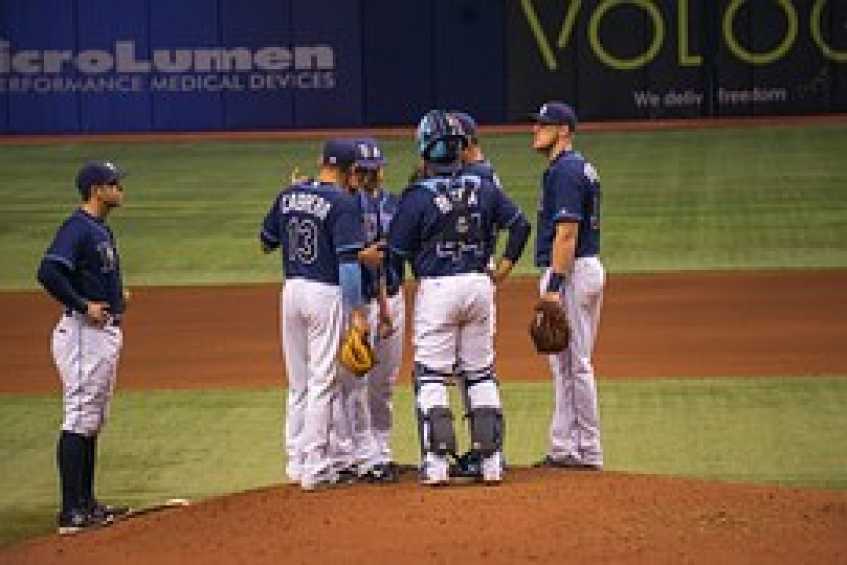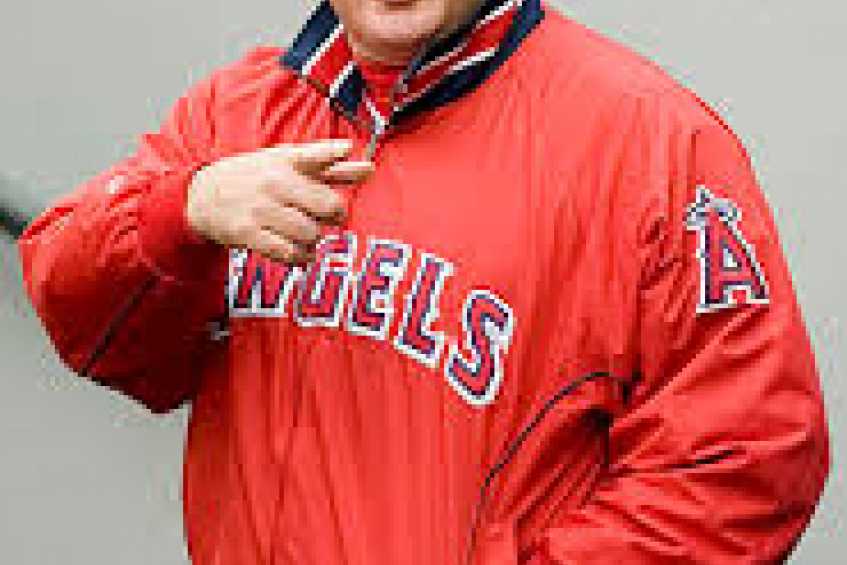

The best baseball managers in the major leagues have earned that distinction because they know how to manage a game. They give their teams an excellent chance of winning every night. But, many baseball coaches could do that. What makes a great baseball manager and separates them from the rest is the communication that goes on behind closed doors.
Baseball managers of today versus yesterday
I must admit I have little first-hand knowledge of what goes on in major league clubhouses now. I know that times have changed since the many years ago I played in the big leagues. I know that from friends who have stayed in the professional game and from interviews with baseball managers of today. Times and players have changed, and with that, baseball managers have adapted.
When I played, decisions came from the manager with little or no explanation of why. Things were because managers said they were. Players accepted those decisions, often with hurt feelings, and they moved on with no communication. From a player's perspective back then, it was never fun being in the dark about what teams plans were for you. And, having no clue why one was not in the lineup and why one was riding the bench for a spell did not help team or player morale.
Today's players are different for many reasons. The money involved, a sense of entitlement from young ages, and the media play a role in the changing atmosphere from years ago. A better understanding of relationships and the elimination of the my way or highway coaching approach have changed things, too. Considering player feelings in today's game is necessary. Players feelings have become a priority and manager communication with them vital. Communication keeps players and teams on the same page with all working towards the same goals. A few words of what management is thinking goes a long way towards player and team confidence. As with all relationships, the better the communication, the better everyone responds to tough situations. Along with better communication among all, the top baseball managers do other behind the scenes things that help.
Following are the five habits of highly effective major league baseball managers.
5 Habits of Successful Baseball Managers
They:
Finally, established players usually have more communication with baseball managers than young ones. #MLBmanagers #baseballcoaching
Jack Perconte has dedicated his post major league baseball career to helping youth. He has taught baseball and softball for the past 27 years and writes of his experiences with over a thousand articles on coaching baseball and youth. Combining his playing, coaching and patenting experiences he continues to help create better baseball and sporting experiences for both athletes and their parents with his writings. Jack is the author of "The Making of a Hitter" and "Raising an Athlete," with his third book "Creating a Season to Remember" in the works. Jack is a featured writer for Baseball the Magazine. Plug in Jack Perconte at YouTube and find over 80 fun and innovative baseball instructional videos or watch them here.
After playing major league baseball, Jack Perconte has taught baseball and softball since 1988 and offered valuable coaching training too. He has helped numerous youth players reach their potential, as well as having helped parents and coaches navigate their way through the challenging world of youth sports. Jack is one of the leading authorities in the areas of youth baseball training and coaching training advice.
All Jack Perconte articles are used with copyright permission.There are 0 comments on "The 5 Habits of Highly-Effective Baseball Managers"
chandler allen says:
"Hi my name is chandler, i’ve enjoyed..."
On Wanting to tryout for summer ball. as an 18 year old
david graham says:
"With no current MLB team in Canada,..."
On With no current MLB team in
Charles Chavez says:
"To All Coaches: Do you have13U or..."
On Looking for Games